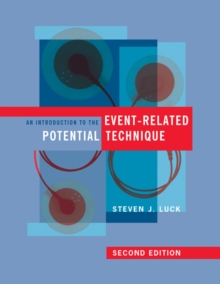
Paperback / softback
Description
The fundamental question of the ethics of belief is "What ought one to believe?" According to the traditional view of evidentialism, the strength of one's beliefs should be proportionate to the evidence.
Conventional ways of defending and challenging evidentialism rely on the idea that what one ought to believe is a matter of what it is rational, prudent, ethical, or personally fulfilling to believe.
Common to all these approaches is that they look outside of belief itself to determine what one ought to believe. In this book Jonathan Adler offers a strengthened version of evidentialism, arguing that the ethics of belief should be rooted in the concept of belief-that evidentialism is belief's own ethics.
A key observation is that it is not merely that one ought not, but that one cannot, believe, for example, that the number of stars is even.
The "cannot" represents a conceptual barrier, not just an inability.
Therefore belief in defiance of one's evidence (or evidentialism) is impossible.
Adler addresses such questions as irrational beliefs, reasonableness, control over beliefs, and whether justifying beliefs requires a foundation.
Although he treats the ethics of belief as a central topic in epistemology, his ideas also bear on rationality, argument and pragmatics, philosophy of religion, ethics, and social cognitive psychology.
Information
-
Available to Order - This title is available to order, with delivery expected within 2 weeks
- Format:Paperback / softback
- Pages:373 pages
- Publisher:MIT Press Ltd
- Publication Date:20/01/2006
- Category:
- ISBN:9780262511940
Other Formats
- PDF from £23.80
Information
-
Available to Order - This title is available to order, with delivery expected within 2 weeks
- Format:Paperback / softback
- Pages:373 pages
- Publisher:MIT Press Ltd
- Publication Date:20/01/2006
- Category:
- ISBN:9780262511940










